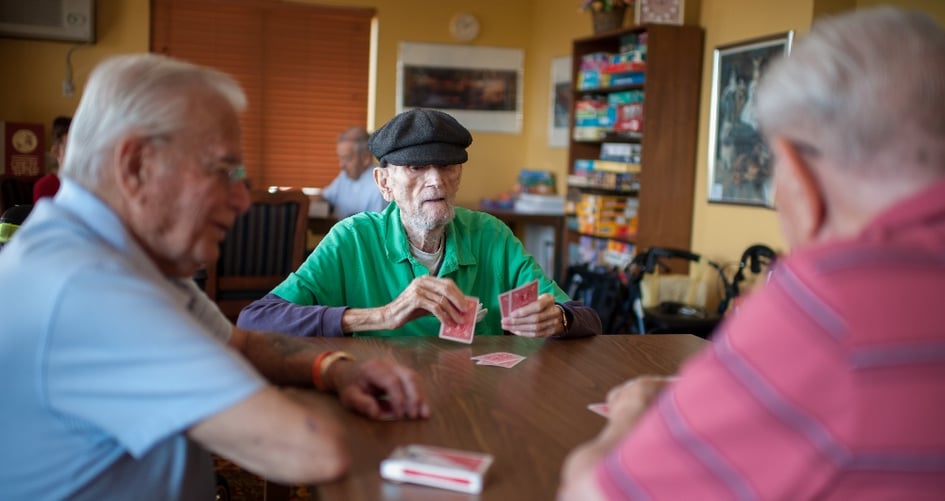Why learning new things is important for older adults with memory loss
Mary Kay Woehrle | Jan 14, 2020
Our world is constantly evolving. With new technologies, medical resources, and connections, it’s not enough to simply maintain health or knowledge. Humans need to grow and learn, and this is especially true for older adults.
Research: Learning improves memory
But did you know that learning new things actually improves memory skills for seniors? According to the Journals of Gerontology, older adults grow cognitively when they learn new skills in a positive environment.
Scientific American reports, “Not only can older adults learn multiple new skills at the same time in the right environment and with the right beliefs, but doing so may improve their cognitive functioning considerably. [Learning] brought older adults out of their comfort zones and made them feel fearless about new challenges.” But, that’s not all…
Neuroscientist Denise Park found that older adults who learned new skills by participating in activities improved their memories. In fact, those who participated in more challenging activities had greater improvement. These increased skills are caused by strengthened networks in the brain. Another neuroscientist, Art Kramer, discovered exercising daily increases the brain’s volume, “improves cognition, and helps people perform better on things like planning, scheduling, multitasking, and working memory.”
Learning is essential, but it doesn’t happen accidentally. That’s why our life enrichment teams work hard to create an encouraging learning environment.

Learning with life enrichment
Life enrichment teams at Walker Methodist are constantly brainstorming ways to engage memory care residents and challenge them appropriately. At Prairie Suites at Highview Hills, learning is promoted through a wide variety of activities offered all day, every day:
- Art: Residents gather to learn about famous artists, discuss their work and methods, and engage in lively discussion.
- Games: Cognitive activities like Bingo and word games encourage residents to think. Active games like ring toss or bean bag throw get residents moving.
- Exercise: Every day, residents are active through programs like chair yoga.
- Music: Residents contribute to programs, attend concerts, and engage in fun challenges like “name that tune.” At Highview Hills, resident volunteers from assisted and independent living join memory care residents for our Side-by-Side choir.
- Poetry: After talking about styles of poetry with residents, we help them write their own poems. They are thoughtful about the words they include and write about what interests them.
Some activities are more challenging intellectually, but all feature something residents can contribute to and make their own, while relating to others. Memory care neighborhoods are spread out, designed to get residents moving, interacting with friends, and trying new things. And they love it. One resident named Carol found the courage to show off her hand-eye coordination to a crowd of peers and remarked, “I never used to do this in front of people, but now I will.” When Margie’s resident assistant invited her to learn a new craft, she said, “I’m so glad you came to get me!”
As life enrichment staff, we are always learning—and laughing—with our residents. And these simple activities make a big difference in their lives every day.